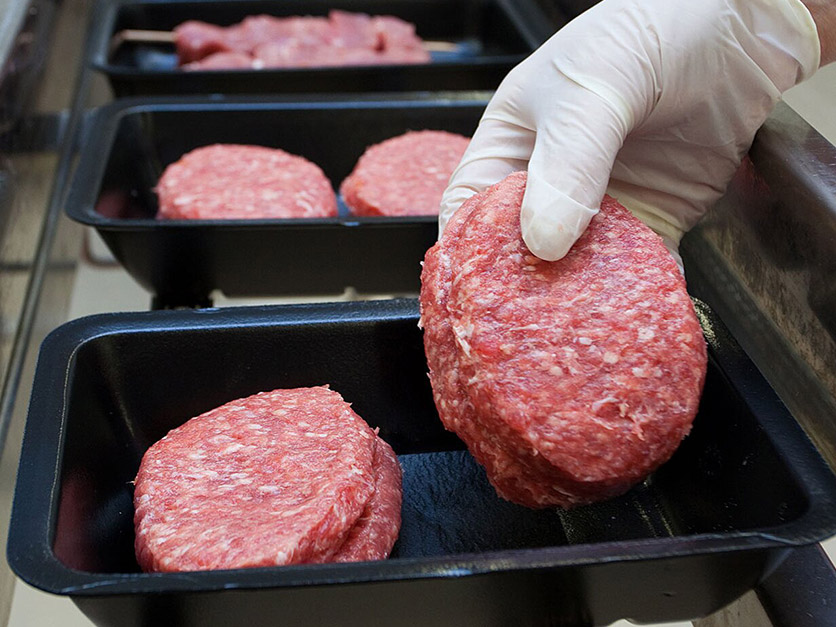Tough immigration conversations needed to help keep meat and poultry on grocery store shelves

When American consumers head to the grocery store, they expect to see a meat counter filled with an abundance of animal protein options. America’s farmers, ranchers, and processors produce the highest-quality animal protein in the world
by Agri-Pulse
However, bringing nutritious and affordable animal protein to the plates of consumers requires a strong, efficient supply chain—and that supply chain is hindered by the lack of access to a skilled, reliable workforce for agricultural and food processing operations across the country.
While reliable labor in the food and agriculture industry has been an issue for many years, shutdowns and disruptions to production caused by the COVID-19 pandemic have simply underscored the urgency of the situation. When there’s not enough labor on farms and ranches or in processing plants, it is nearly impossible to meet demand. That is why we must pass legislation now to provide for these needs both on farm and at the processing level.
“We are ready now for the Senate to pass legislation that benefits all in agriculture, not simply a select few”
Maintaining a skilled, steady, and year-round workforce in the animal protein sector has been debated to exhaustion. The partisan nature of the broader immigration discussion has left a workable, long-term solution for agricultural labor out of reach (sometimes just barely) each and every Congress. Animal agriculture offers numerous competitive jobs with full benefits that remain vacant due to the lack of applicants. Lawmakers on all sides of the debate have the ability to resolve this issue in a bipartisan fashion and bring skilled workers to the animal production and meat processing sector.
We know immigration is never an easy issue to address, but we need lawmakers willing to have tough conversations to solve this problem and jumpstart rural America’s recovery from the pandemic. This glaring labor shortage issue cannot be kicked down the road any longer.
There are very reasonable compromises to be made that address the food and agricultural industry’s needs. The H-2A program could easily be the solution animal agriculture is looking for, but in its current state it is cumbersome, difficult to manage, and omits certain sectors of agriculture. The greatest deficiency of the H-2A program is that it does not apply to processing cattle, hogs, poultry, sheep, goats, or aquaculture, and it should be modified to allow processors access.
In addition to allowing processing jobs to utilize the program, the H-2A program must also be modified to allow year-round agricultural workers for farms and ranches without caps or limitations preventing year-round producers from addressing their shortages. Currently, the program allows employers to bring documented workers to the United States for only temporary or seasonal jobs.
Although this approach makes sense for seasonal farming such as row crops, raising and processing livestock, poultry, or aquaculture relies on a year-round workforce. To fill open positions in meat and poultry food and agricultural operations, the H-2A program needs more flexibility because it very well might be the most reasonable solution for year-round labor needs of animal agriculture.
As the debate continues and negotiations begin, the food and animal agriculture industry is ready to work with Congress and stakeholders to put forth meaningful, equitable solutions to this problem. We are ready now for the Senate to pass legislation that benefits all in agriculture, not simply a select few. We urge the Senate to address continued labor shortages by developing a workable H-2A program that ensures American producers can do what they do best—produce safe, abundant, and affordable animal protein for an ever-growing population.
Susan Shultz, American Sheep Industry Association
Shorty Jones, Catfish Farmers of America
Jerry Bohn, National Cattlemen’s Beef Association
Jen Sorenson, National Pork Producers Council
Joel Brandenberger, National Turkey Federation
Julie Anna Potts, North American Meat Institute
Roger Barlow, The Catfish Institute
Chad Gregory, United Egg Producers












